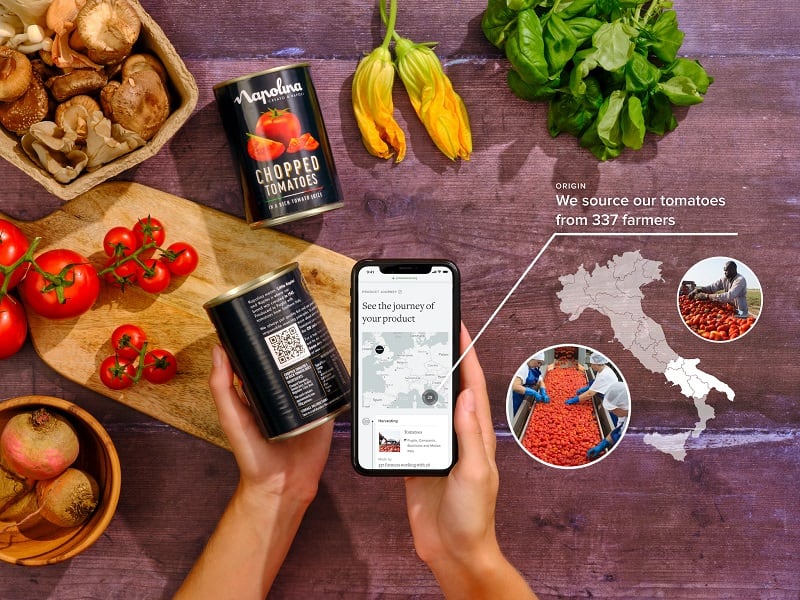‘Green’ claims rulebook launches to help businesses prove their eco-creds
UK software firm Provenance has launched a free, digital rulebook to help businesses prove their eco-credentials and keep them shopper friendly.
The online tool, called the ‘Provenance Framework’, helps businesses make credible shopper-facing claims about their social and environmental impact is version 2.0 of an original ‘Proof Point’ framework for which the European Commission awarded Provenance a €1m prize in 2020.
Its launch comes in advance of updated guidance on Consumer protection law from the Competition and Markets Authority (CMA) – the UK’s competition regulator – that is expected later this summer. The CMA and its international partners most recently found that that 40% of corporations’ green claims could be misleading – for example, labelling products as ‘organic’ or ‘recycled’ when the majority of ingredients are neither, claims that may also break consumer law.
Brands visiting the free site can now quickly undertake the following actions:
- Examine 50+ impact claims they might want to make across five focus areas (Climate, Communities, Nature, Waste and Workers)
- Understand the specific criteria that would have to be met to make that claim
- Review guidance on the relevant verifiers (such as CarbonNeutral®, 1% for the Planet and Ethical Trading Initiative) and the evidence those bodies require to substantiate a claim
- View expert advice on how a claim should be publicly communicated.
The launch comes at a time when the role of competition authorities in achieving sustainability and environmental goals is in the European spotlight. The UK’s CMA has already published initial guidelines in advance of its final report later this summer; in January The Netherlands Authority for Consumers and Markets (ACM) released five “rules of thumb” for environmental claims and began its investigation into the 170 largest local businesses last month, while the European Commission is also currently considering amendments to the EU consumer law framework to regulate environmental claims.
With more people than ever making purchase choices based on sustainability criteria, industry analysts believe increasing numbers of businesses may feel incentivised to make misleading, vague, or false claims about their products. It’s in this context that Jessi Baker, founder and CEO of Provenance, says brands genuinely committed to green issues need to double down on transparency and proof.
“Opaque sourcing practices and supply chains – and sometimes active greenwashing - mean that many of today’s shoppers are confused about which purchases could be better for the planet. At the same time, with no universal standard for making and proving ‘green’ claims, genuinely committed businesses can feel paralysed - and frustrated with competitors that mislead shoppers,” she said.
"They worry about accusations of greenwashing when in reality they deserve to be able to openly share the facts behind their positive social and environmental impact, converting it into real brand value. The urgent need for credible, verifiable messaging is clear so we wholeheartedly embrace the CMA’s guidance - and hope that The Provenance Framework can support businesses in implementing that guidance.”
Princes-owned tomato brand Napolina is using the tool to share proof of its progress on tackling illegal labour in its supply chain with shoppers and industry stakeholders. The move helps to protect its long-term brand value with proof-backed communications, it told FoodNavigator.
Princes Corporate Relations Director David McDiarmid said: “We have long taken a proactive approach on human rights issues in Italian agriculture and worked hard to ensure growers in our supply chain are supported, including making sure they receive a fair and profitable price from us for their tomatoes. While many of our customers are aware of our approach, we want to broaden the transparency of this work and our sourcing decisions, for the benefit of further retailers and the millions of families that enjoy Napolina.
Our partnership with Provenance is now allowing us to tell this story clearly and conveniently via their sharing tools, and will help us to build shopper trust through greater supply chain and impact transparency. We hope that by making this more of a consumer issue we can raise the profile and action by supply chain stakeholders, not just in tomatoes but many other Italian agricultural products that are touched by the same human rights issues.”


